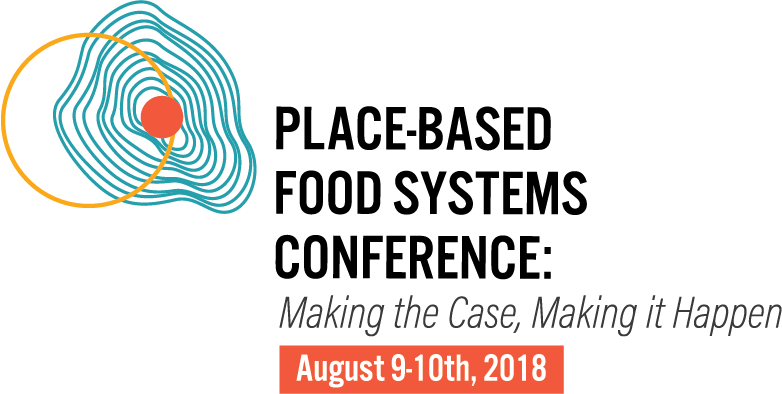hishuk’ish tsawalk—Everything is One
Revitalizing Place-Based Indigenous Food Systems through the Enactment of Food Sovereignty
DOI:
https://doi.org/10.5304/jafscd.2019.09A.003
Keywords:
Indigenous Food Sovereignty, Decolonization, Harvesting, Food Sovereignty, Place-Based Food Systems, Traditional Foods, First NationsAbstract
First paragraph:
My name is Charlotte. My traditional name is thlutismayulth, Carrying Thunder, from our whaling heritage. I’m going to talk a little about who I am and where I am from. I am from the Tseshaht Nation, one the 14 groups that make up the larger Nuu-chah-nulth Nation on the west coast of Vancouver Island.
Before I begin, I want to pay respect to the First Peoples of this land, the Coast Salish peoples. Every time we enter these territories—unceded, recognized traditional territories—we need to acknowledge not just the people, the elders, and the leaders, but also the ancestors whose spirits still walk in these spaces. So, I acknowledge that before I begin.
The material in this talk comes from a book I have been working on for quite a few years since I published my last book.
So, who we are. The Nuu-chah-nulth are on the west coast of Vancouver Island. The traditional territory of the 14 nations also includes the western tip of western Washington, because the Makah in western Washington are our relatives (Figure 1). It was the border that separated us, but we are recognized as relatives and share the same language, the same traditions, and the same whaling heritage. . . .
See the press release for this article
Metrics

Downloads
Published
How to Cite
Issue
Section
License
The copyright to all content published in JAFSCD belongs to the author(s). It is licensed as CC BY 4.0. This license determines how you may reprint, copy, distribute, or otherwise share JAFSCD content.











